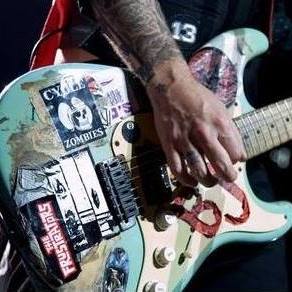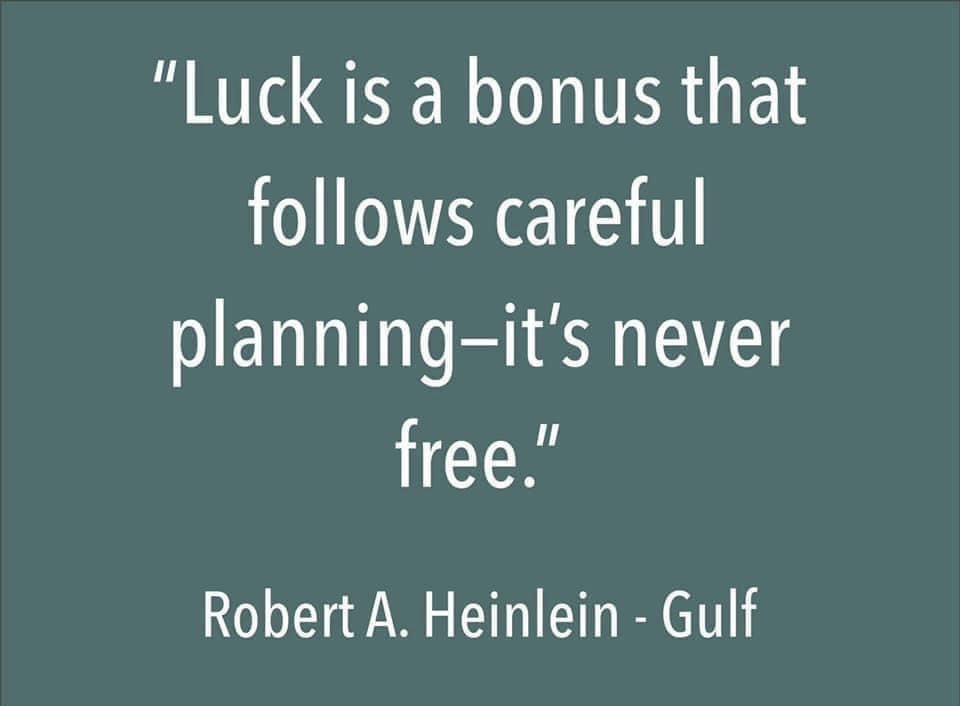







deleted by creator


Yup. I’m copying some Audible links now and the ampersand isn’t encrypted and the query string starts after the ? instead of the last slash, so there are different ways of doing it. We couldn’t guess at that, though! :)


Everything after the final slash is data. This data is stored in key/value pairs, where the key is a variable name that is expected in the server’s code and the characters following the “=“ is the encrypted value. Each pair is separated by an encrypted “&”, or “&”. Many times this string of values begins with a “?”.
https://example.com/path/to/item/?id=568953&name=shjbxsdhjhcdf&xyz=djkkgcdtjn
So we can maybe guess what the values might be but only if we know what the keys mean, and then we’d have to give exactly the right data for each key (id, name, xyz). For all we know the most important piece of data in that string is xyz and it may be required, but we don’t know that so we strip the whole query string off and now have a useless URL.
Mostly, stripping off the query string should be fine if the path to the item you’re looking for is enough. Like the amazon example in the other comment. Other times, not so much.
Sorry for the novel, I can explain more if you’d like.


Working to rid yourself of those biases is absolutely good and worth it. I commend you.